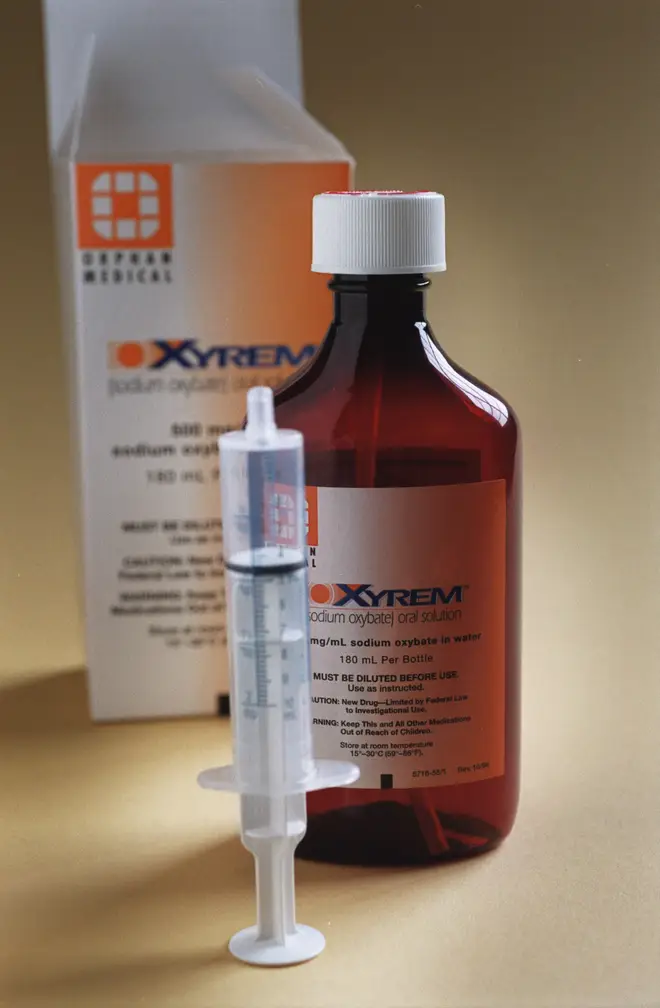
Oli Dugmore 4am - 7am
20 November 2020, 14:01

Date rape drug GHB should be reclassified after evidence of "concerning increase" it harm it causes, an official report has found.
The Advisory Council on the Misuse of Drugs (ACMD) said GHB and other related substances, known as GHBRS, should become a Class B drug - the same as speed or cannabis.
The report was commissioned by the Home Secretary amid growing concern over the criminal use of the drug and other similar substances like Gamma-butyrolactone (GBL).
Reynhard Sinaga - the UK's most prolific rapist - was jailed earlier this year for drugging and raping more than 40 men, with his trials hearing that he laced his victims' drinks with drugs like GBH to render them unconscious.
The recreational club drug, known as liquid ecstasy and typically bought from street dealers or the internet, acts as a sedative, lowering inhibitions and giving users a sense of euphoria, but it can also make them feel sleepy and put them at risk of overdose and death.
Short for gamma-hydroxybutyric acid, it is currently in Class C alongside anabolic steroids and some tranquilisers.
Read more: Cressida Dick says she won't be drawn into 'gossip' about Home Secretary Priti Patel
Read more: Coronavirus rates 'levelling out and may be starting to drop', leading scientist suggests

Commissioner discusses enforcing lockdown over Christmas
Since the ACMD's last report on the substances in 2003, there is "evidence of a concerning increase in the health and social harms among those who use these drugs", the latest findings said, adding: "The number of deaths where GHBRS were implicated has also increased since the last report, although these numbers remain low."
As well as those who knowingly take the drugs, there is "also evidence of harms caused by being unknowingly drugged with these substances".
"It is currently unclear how commonly this occurs, however there is evidence of serious cases, including robbery, drug facilitated sexual assault and murder," the report adds.
Use of the drug is thought to be prevalent among LGBT people and during chemsex - where drugs are used as part of someone's sex life, particularly by gay and bisexual men.
Professor Owen Bowden-Jones, chairman of the ACMD which advises the Government on drugs, said: "Given the evidence of significant harms across different contexts, the ACMD have today made a broad set of recommendations on monitoring, legislation, prevention and treatment, which should be taken forward as a whole to reduce harms associated with GHBRS.
"There is significant evidence of stigma experienced by LGBT GHBRS users, currently the predominant users of these drugs, and these recommendations seek to avoid further stigmatisation and reduce the barriers to treatment for those who need it.".
As a result of the findings, the ACMD has called for routine GHB testing in unexplained sudden deaths.
It also wants to see drug and sexual health services record usage of the drugs and the Crime Survey for England and Wales collect and publish similar information.
The Government is also being urged to fund analysis of a survey on the sex lives of gay men for at least five years, so use of the drug can be looked at over time.
Read more: Christmas covid lockdown: Family gatherings will 'throw fuel on fire,' warns top scientist